If you’d like to make a difference in children’s lives, a child development degree can prepare you for a worthwhile career. Professionals with these degrees guide children of all ages through physical, psychological, and social milestones appropriate for their level of development.
The average cost of an associate degree in child development is $3,885. A bachelor’s degree in child development is about $17,709 annually, while a master’s degree is $20,513.
Many graduates of child development degree programs become preschool teachers, who earn a median annual wage of $37,130, or elementary school teachers, who earn an average of $63,680. With a graduate degree, preschool and childcare directors make about $54,290 a year, while elementary, middle school, and high school teachers earn $103,460.
Why Trust Us
The Intelligent.com Higher Education Team is dedicated to providing students with independent, equitable school and program rankings and well-researched resources. Our expert-driven articles cover topics related to online colleges and programs, paying for school, and career outlooks. We use data from the U.S. Department of Education’s College Scorecard, the National Center for Education Statistics, and other reputable educational and professional organizations. Our academic advisory team reviews content and verifies accuracy throughout the year for the most current information. Partnerships do not influence rankings or editorial decisions.
- Analyzed over 2,000 national, accredited, and nonprofit colleges and universities
- 800+ rankings pages are reviewed and updated yearly
- Content is informed by reputable sources, surveys, and interviews with academic advisors and other experts
- Over 100 data points are reviewed for accuracy and quality throughout the year, including sources
How we rank schools
Our list features the best Child Development degree programs at top colleges nationwide. Each school featured is a nonprofit, accredited institution — either public or private — with a high standard of academic quality for post-secondary institutions.
We evaluated each school’s program on tuition costs, admission, retention and graduation rates, faculty, reputation, and the student resources provided for online students. We collected data from trusted sources like the National Center for Education Statistics, individual school and program websites, school admissions counselors, and other data sources. Then, we calculated the Intelligent Score on a scale of 0 to 100 based on the following criterion:
Academic Quality:
- Admission rate versus enrollment rate
- Retention rate of students who return after year one
- Accreditation status (regional and programmatic)
- Nonprofit status, both private and public institutions
Graduation Rate
- Overall graduation rate
- Total number of currently enrolled students, including diversity metrics
- Student-to-faculty ratio
Cost and ROI
- In-state and out-of-state per-credit tuition rates and fees
- Required credits to graduate
- Earning potential after graduation
- Availability of federal student loans, scholarships, and other financial aid options
Student Resources
- Available student services for online-only and hybrid programs
- On-campus amenities like tutoring centers and the number of libraries
Read more about our ranking methodology.
Best 14 Accredited Child Development Degree Programs
FiltersInstitution Type
Status
- Intelligent Score
- Alphabetically By University Name
- Acceptance Rate
- Enrollment
- In-state Graduate Tuition
- Out-of-state Graduate Tuition
- In-state Undergraduate Tuition
- Out-of-state Undergraduate Tuition

Vanderbilt University
Intelligent Score: 99.81In-state: $52,781
Out-of-state: $52,781
In-state: $50,082
Out-of-state: $50,082
SAT: 1470-1570
ACT: 33-35
$2,245
On-Campus
Southern Association of Colleges and Schools Commission on Colleges
120
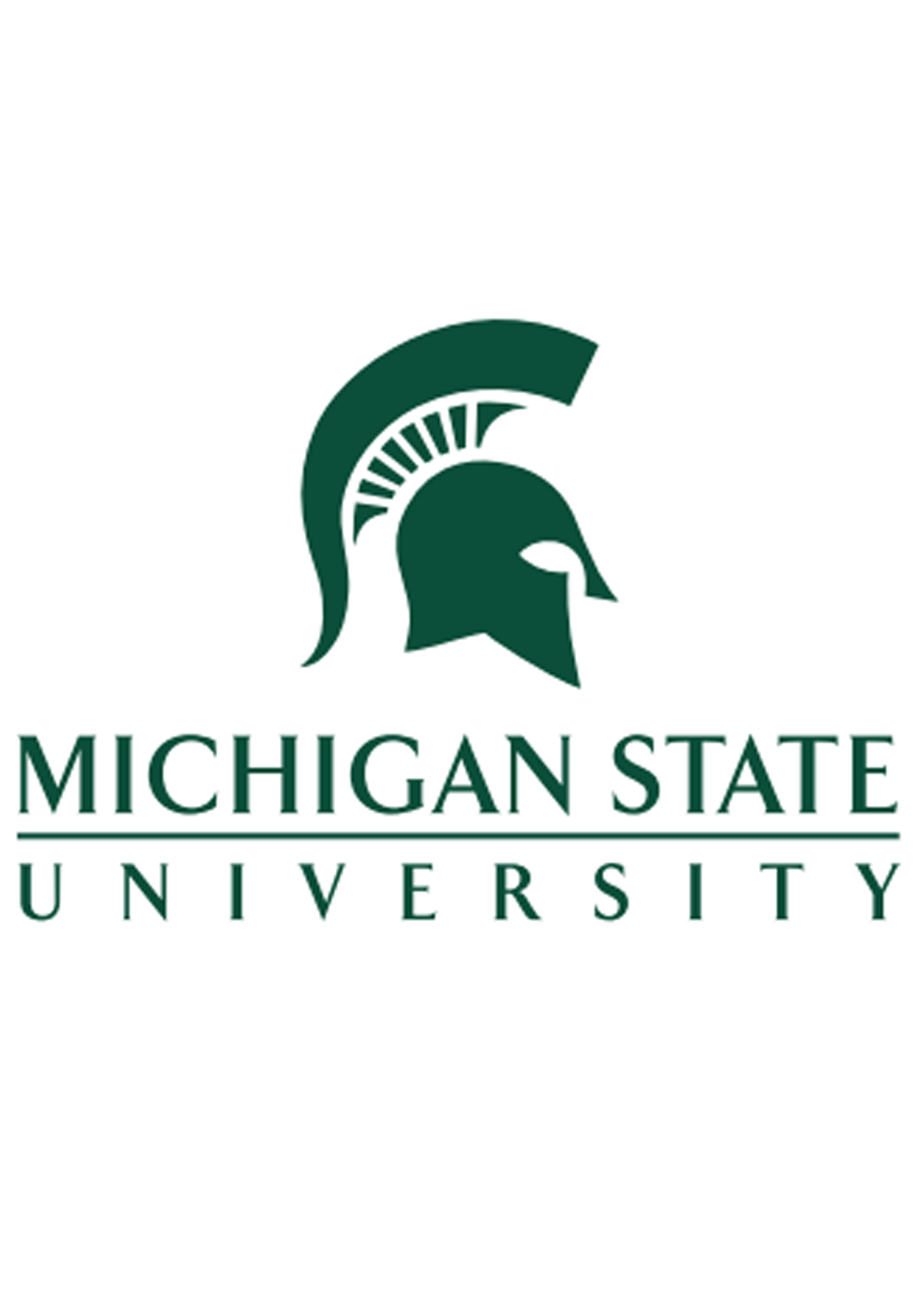
Michigan State University
Intelligent Score: 98.91In-state: $15,555
Out-of-state: $40,384
In-state: $18,858
Out-of-state: $18,858
SAT: 1100-1300
ACT: 23-29
Resident: $521 - $600
Non-Resident: $1,434 - $1,478
On-Campus
Higher Learning Commission
120
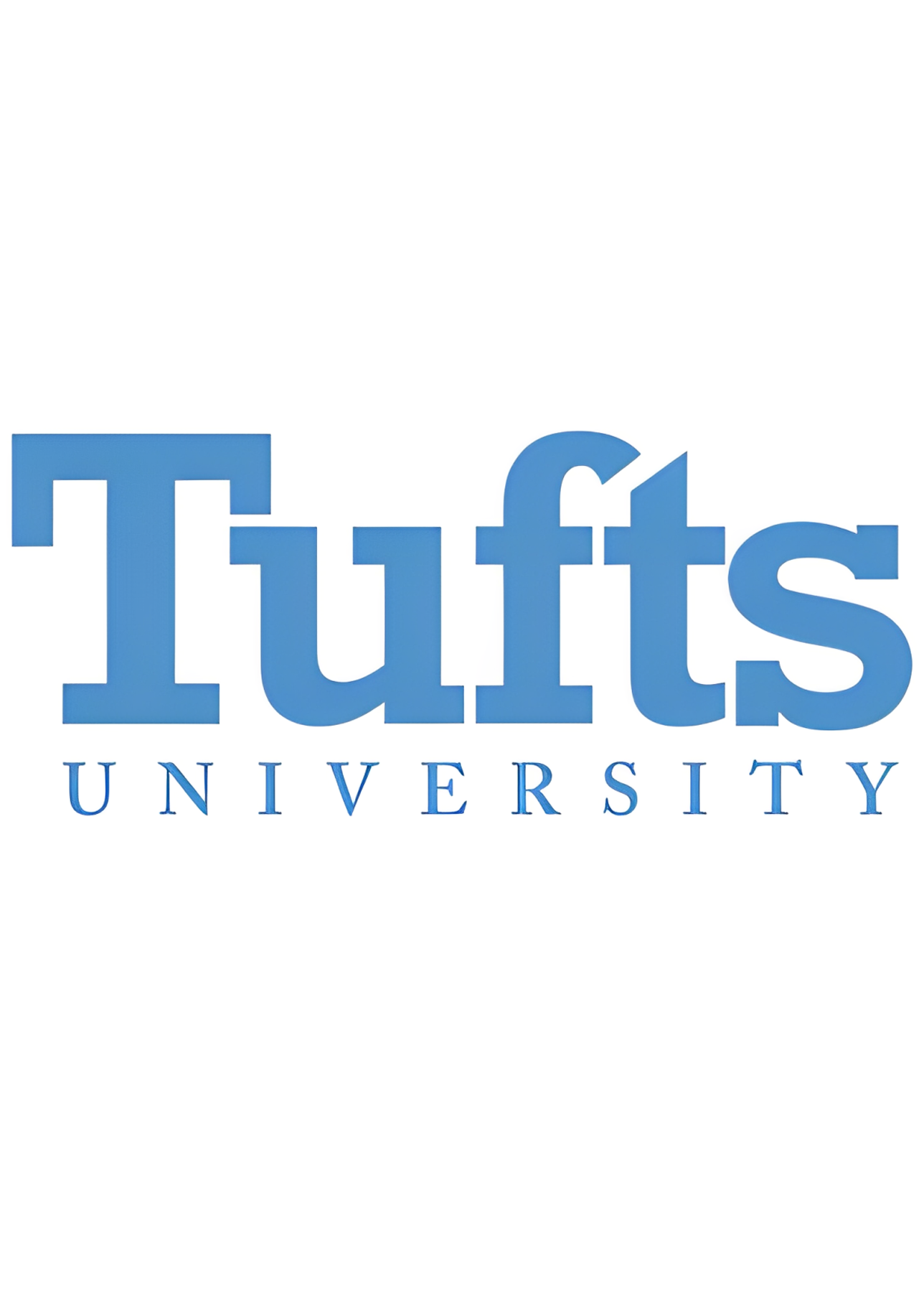
Tufts University
Intelligent Score: 95.26In-state: $59,560
Out-of-state: $59,560
In-state: $54,196
Out-of-state: $54,196
SAT: 1380-1530
ACT: 32-35
$2,764
On-Campus
New England Commission of Higher Education
120

Appalachian State University
Intelligent Score: 95.14In-state: $4,242
Out-of-state: $19,049
In-state: $4,839
Out-of-state: $4,839
SAT: 1070-1240
ACT: 22-27
Resident: $176
Non-Resident: $884
On-Campus, Online
Southern Association of Colleges and Schools Commission on Colleges
120
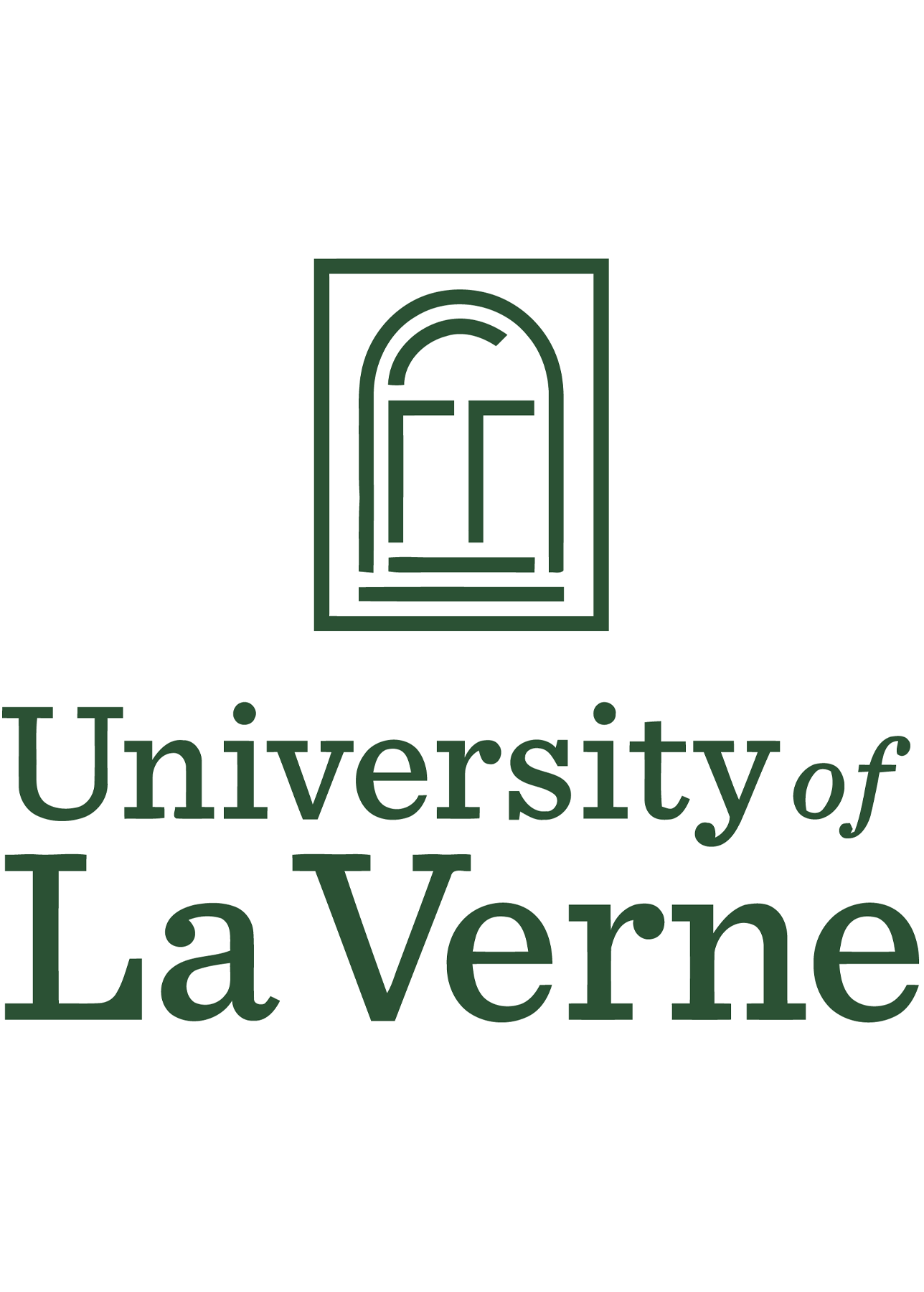
University of La Verne
Intelligent Score: 94.22In-state: $44,700
Out-of-state: $44,700
In-state: $14,346
Out-of-state: $14,346
SAT: 960-1150
ACT: 17-23
$1,365
On-Campus, Online
Western Association of Schools and Colleges
128

Washington State University
Intelligent Score: 93.22In-state: $10,202
Out-of-state: $25,145
In-state: $11,781
Out-of-state: $11,781
SAT: 1020-1210
ACT: 20-26
Resident: $594
Non-Resident: $1,422
On-Campus, Online
Northwest Commission on Colleges and Universities
120

Texas Woman’s University
Intelligent Score: 90.09In-state: $94
Out-of-state: $77
In-state: $48
Out-of-state: $48
SAT: Considered (not required)
ACT: Required
Resident: $238
Non-Resident: $658
On-Campus, Online
Southern Association of Colleges and Schools Commission on Colleges
120
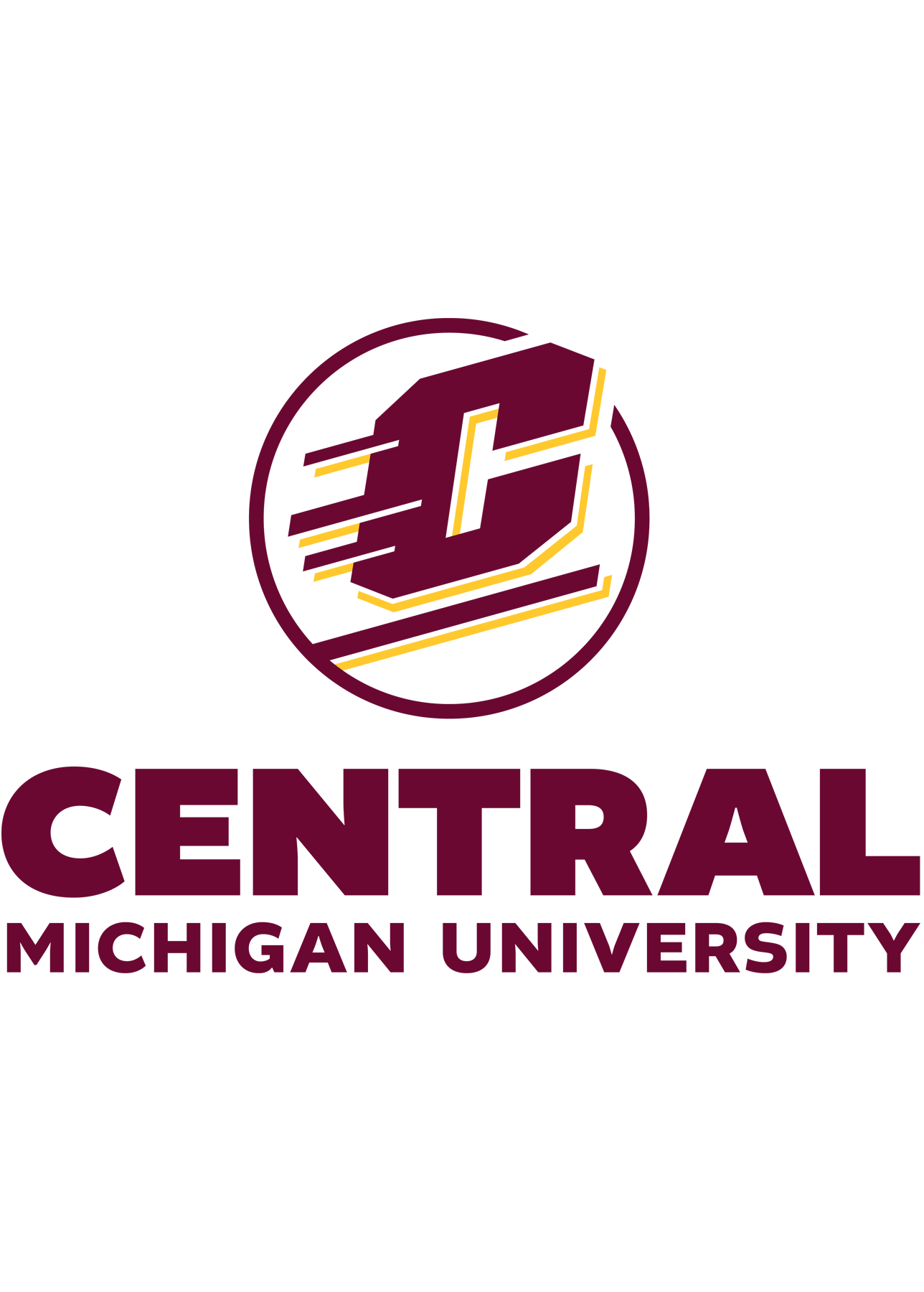
Central Michigan University
Intelligent Score: 90.03In-state: $12,296
Out-of-state: $22,881
In-state: $14,223
Out-of-state: $14,223
SAT: 1000-1210
ACT: 20-26
US Resident: $458 International: $825
On-Campus
Higher Learning Commission
120

Eastern Kentucky University
Intelligent Score: 89.67In-state: $9,266
Out-of-state: $19,338
In-state: $9,900
Out-of-state: $9,900
SAT: 950-1170
ACT: 19-25
In-State: $410 Out-of-State and International: $855
On-Campus
Southern Association of Colleges and Schools Commission on Colleges
120

Southern New Hampshire University
Intelligent Score: 89.28In-state: $9,600
Out-of-state: $9,600
In-state: $18,810
Out-of-state: $18,810
SAT: N/A
ACT: N/A
$540
On-Campus, Online
New England Commission of Higher Education
120
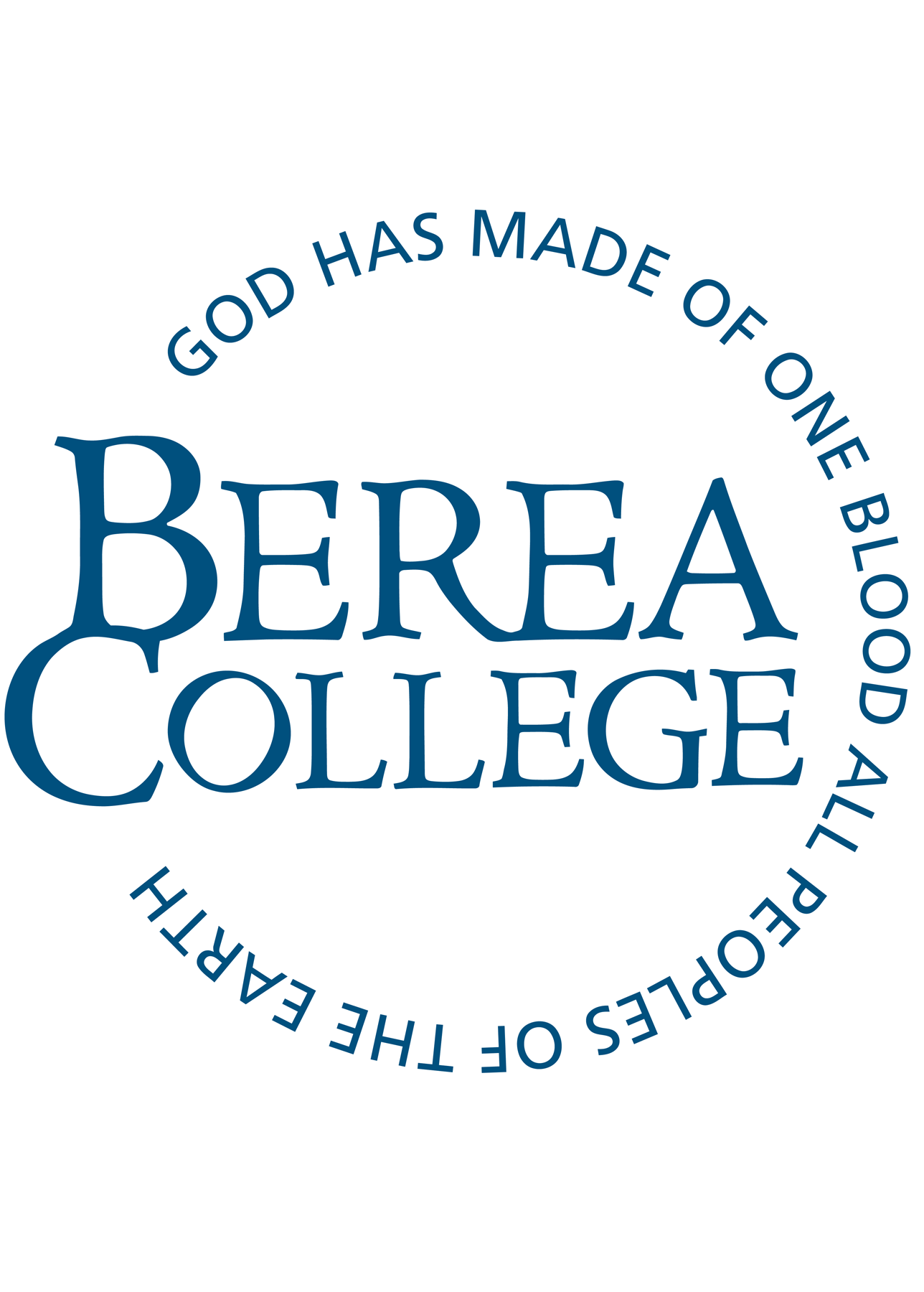
Berea College
Intelligent Score: 88.13In-state: NA
Out-of-state: NA
In-state: NA
Out-of-state: NA
SAT: 1080-1280
ACT: 21-27
no tuition
On-Campus
Southern Association of Colleges and Schools Commission on Colleges
32

Western Michigan University
Intelligent Score: 87.15In-state: $12,094
Out-of-state: $15,118
In-state: $16,360
Out-of-state: $16,360
SAT: 1010-1220
ACT: 20-27
Resident: $662
Non-Resident: $828
On-Campus, Online, Hybrid
Higher Learning Commission
122

Baylor University
Intelligent Score: 86.00In-state: $44,544
Out-of-state: $44,544
In-state: $33,408
Out-of-state: $33,408
SAT: N/A
ACT: N/A
$2,421
On-Campus
Southern Association of Colleges and Schools Commission on Colleges
124

Fresno Pacific University
Intelligent Score: 85.67In-state: $32,954
Out-of-state: $32,954
In-state: $14,940
Out-of-state: $14,940
SAT: 930-1110
ACT: 16-22
$550
On-Campus, Online
Western Association of Schools and Colleges Senior College and University Commission
120
How to Choose a Child Development Degree Program
Choose your area of study
A child development degree program covers many of the same subjects as an early childhood education program. However, child development focuses on development in children of all ages, while ECE degrees focus primarily on education for young children.
After deciding to pursue a child development degree, select a program that aligns with your career goals. General child development degrees include:
- AS/AA in Child Development
- BS/BA in Child Development, Early Childhood Education, or Human Development
- MS/MA in Child Development or Human Development
Programs with a family context emphasis include:
- AS in Family and Consumer Sciences
- BS in Family and Consumer Sciences, Child Development and Family Studies, or Child and Family Development
- BA in Family and Consumer Sciences
- MS in Child and Family Development
For age-specific concentrations, such as early childhood or adolescence, consider these degrees:
- BA in Human Development (Early Childhood Development concentration)
- BS in Child and Adolescent Development
- BS in Child Development (Adolescent Studies concentration)
Research schools and programs
Earn your child development degree from a school and program accredited by agencies approved by the Department of Education. Schools accredited by institutional agencies, such as the Higher Learning Commission, have met national academic standards for students. Child development programs accredited by programmatic agencies like the Council for the Accreditation of Educator Preparation or the National Association for the Education of Young Children assure a graduate’s future employers that they are prepared to meet the rigors of the professional educational world.
Prepare for tests and applications
For undergraduate child development programs, take and pass entrance tests like the SAT and ACT. Most graduate child development programs require applicants to take the Graduate Record Examination (GRE) or similar entrance tests that demonstrate their mastery of general knowledge and subject matter.
Other standard application requirements include:
- Sealed transcripts that show you’ve taken necessary prerequisites
- A statement of purpose detailing your desire to be an educator and your teaching philosophy
- Letters of recommendation from previous professors or employers
- Records of your experience in the classroom, both observational and teaching (mainly for a master’s degree)
Speak to an admissions counselor for specific program requirements, information on deadlines, and tips to strengthen your application.
Select your program
Determine the schools and programs that best suit your needs, and tour each campus. Then, talk to program representatives, professors, and alumni to decide whether that program is a good fit for you.
Learn more about your school’s education department and its philosophy. If you need room and board or require a more flexible, part-time schedule, choose a program that can help you with these needs.
Determine how you’ll pay for your degree
Start planning to pay for your child development program by filling out the Free Application for Federal Student Aid (FAFSA). It will tell you how much federal financial assistance you qualify for so you can decide whether the program is a financial fit for you. If you require more aid, look into scholarships, grants, and programs like employer tuition assistance for those already in the workforce. Contact your school’s financial aid office if you have more questions.
What Can You Expect From a Child Development Degree Program?
A child development degree program combines classroom instruction with in-person classroom time, including student teaching and internships in the later part of your program. Some child development degree programs allow you to earn teaching credentials alongside your bachelor’s or master’s degree, while others prepare you to enter other postgraduate credential programs.
Potential courses you’ll take in a child development degree program
- Child Growth and Development. Students learn about the foundational milestones in a child’s physical, emotional, cognitive, and language development. They apply these milestones to various stages in a child’s life and the elements that can positively and negatively affect child development.
- Family and Community. A family and community class explores how a child’s background and family affect their development. Different family models, community contexts, and educator/family relationships are major topics in this course.
- Child and Adolescent Psychology. Future educators study how children and adolescents change during different stages of life through a psychological lens. They discuss exceptional circumstances that may impact a child and the expected psychological response to those issues.
- Crisis Intervention. Students use case studies and empirical research to explore counseling best practices when it comes to child development. They work with social workers and counselors to consider the best responses to crises in a child’s life that may result in long-term trauma.
Child Development Degree Frequently Asked Questions
How do I apply to a child development degree program?
Your school’s child development program website will list the information needed to apply to their program. Deadlines, application materials, and FAQs will guide you in the right direction as you prepare to apply. If you have additional questions, consult your school’s admissions website or an admissions counselor.
How much does a child development degree cost?
An associate degree in child development costs an average of $3,885 per year, while a bachelor’s degree costs $17,709. Graduate degrees, including a master’s degree in child development, are an average of $20,513 annually. Additional expenses, such as housing, educational materials, transportation, and local cost of living, may increase the total amount.
How long does it take to earn a child development degree?
It takes students around two years to complete an associate degree in child development and around four years to finish a bachelor’s degree. Master’s degrees can take one to two years after you’ve earned a four-year bachelor’s degree.
Some schools may offer part-time programs, including night classes and reduced course loads, which result in longer completion times. Accelerated graduation programs require students to take more courses at once, allowing them to complete their degree in less time.
Compare School Options
Related Degrees
- Child Development
- Addictions and Recovery
- Forensic Psychology
- Counseling
- Christian Counseling Program
- Psychology
- Marriage and Family Therapy
- School Counseling
- Organizational Psychology
- Educational Psychology

